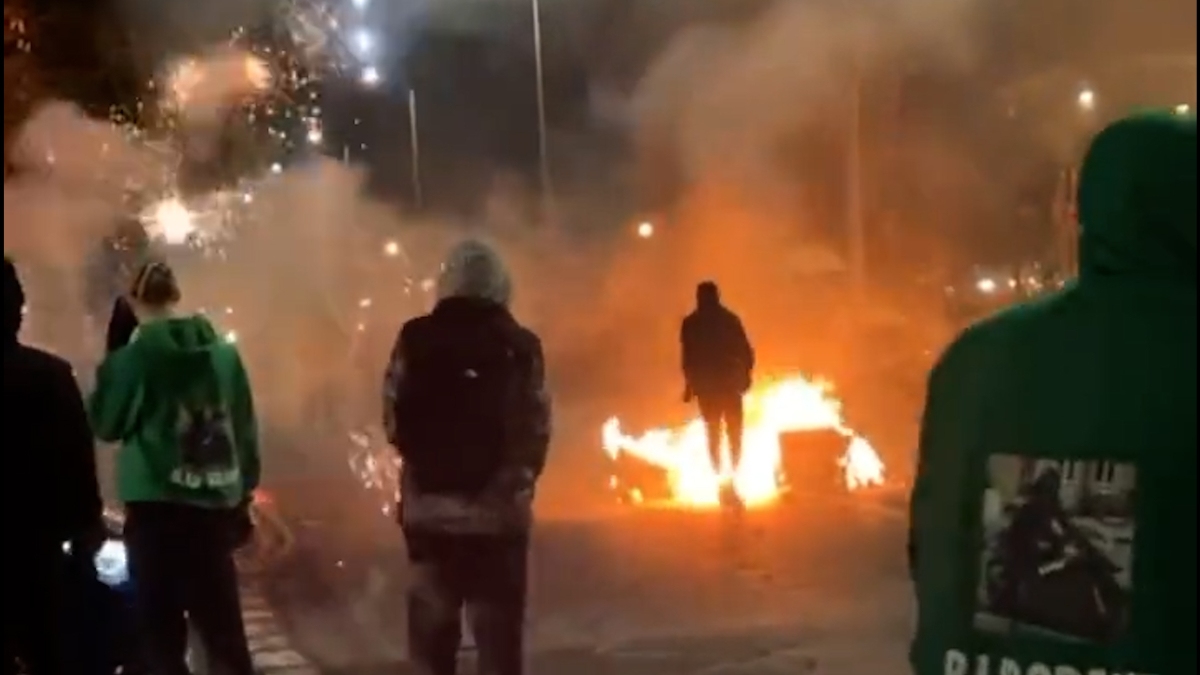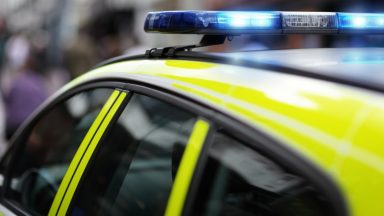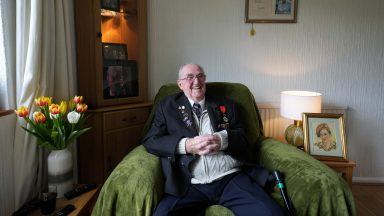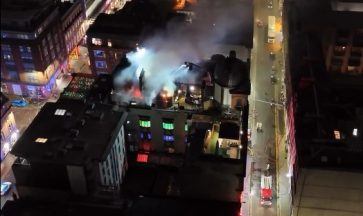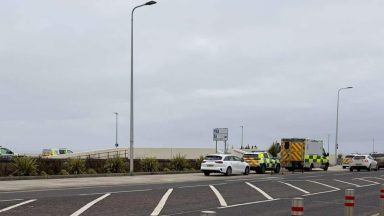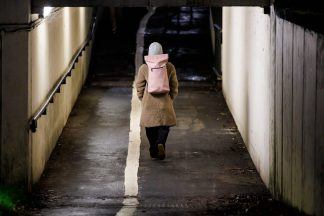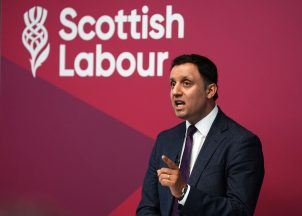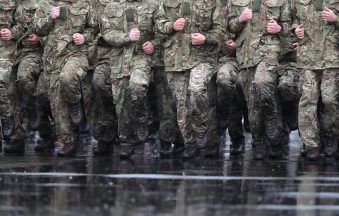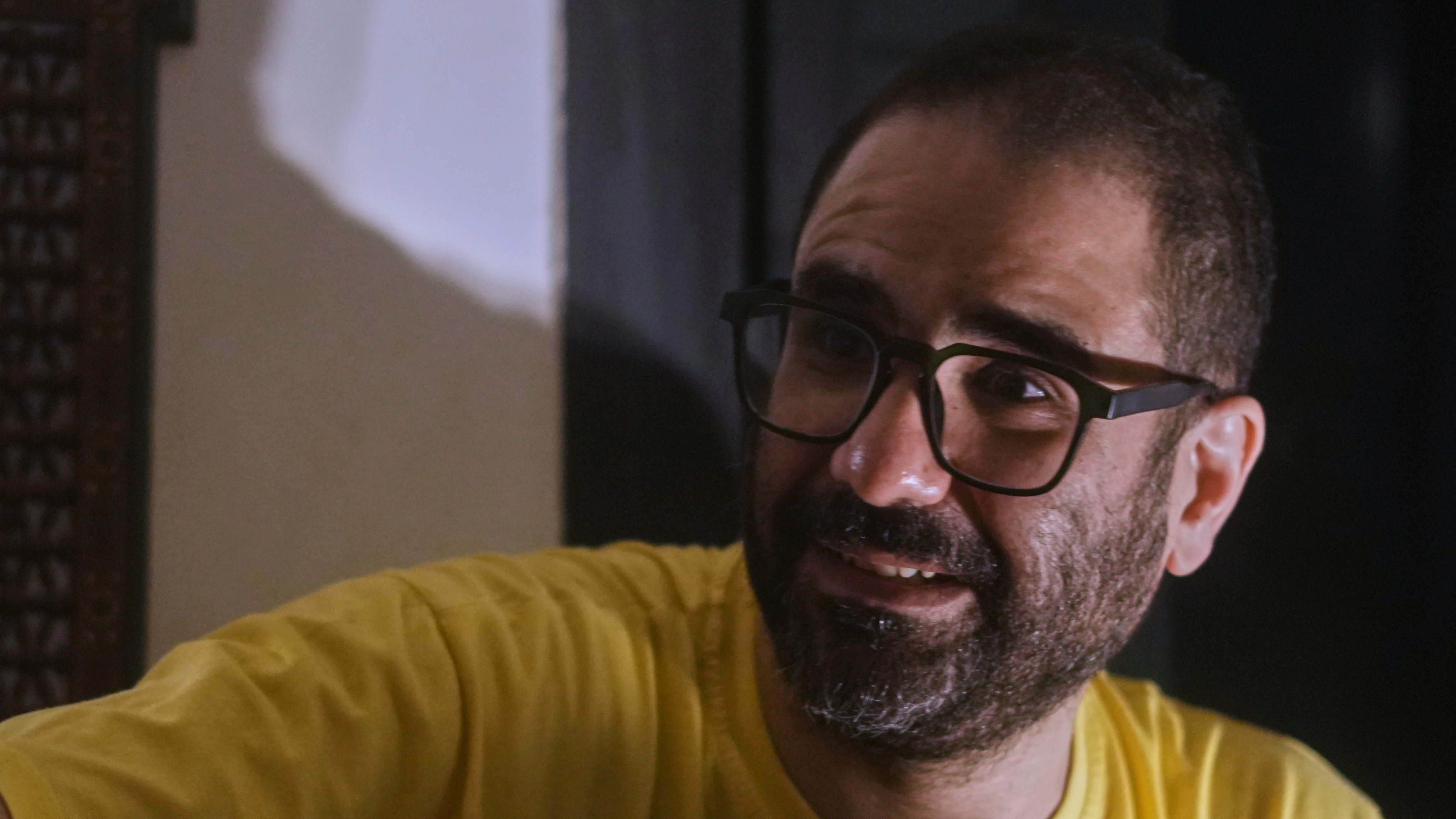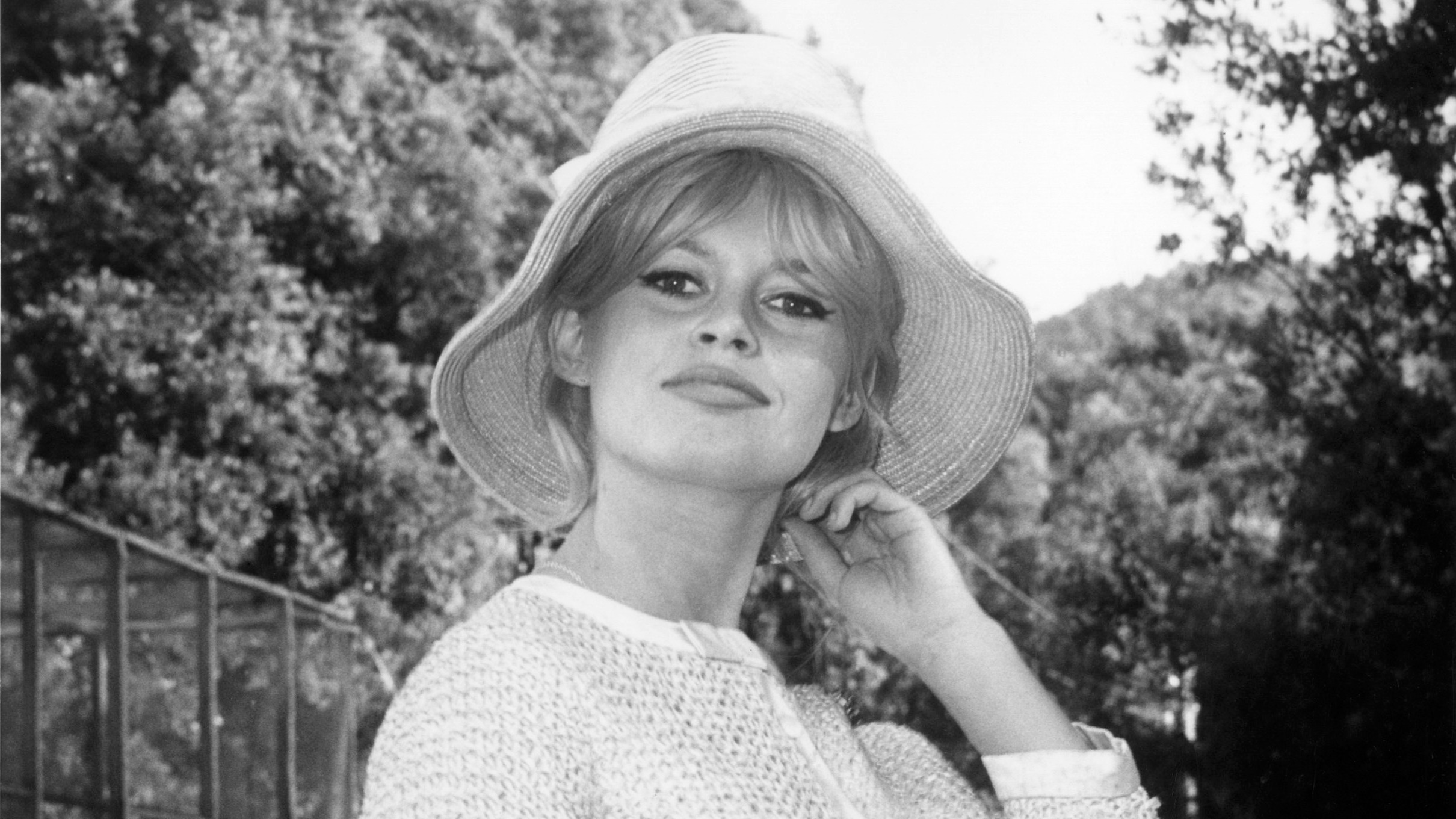Bans on fireworks in areas of Scotland at the centre of large-scale disorder last bonfire night may not be brought in to force in time to prevent a repeat in this year.
Local authorities were given the ability to create areas where it is illegal to set off pyrotechnics with the introduction of the firework control zones legislation earlier this summer following lawless scenes on the streets of Dundee, Edinburgh and Glasgow in November.
However, guidance suggests councils hold an eight-week minimum consultation period before the zones can progress, followed by a further mandatory two-month notice period.
Research by justice and social affairs magazine 1919 found no Scottish councils launched a consultation – meaning they will likely miss the cut off.
David Threadgold, chair of the Scottish Police Federation, told publication the findings were “extremely disappointing” after officers were targeted with pyrotechnics and patrol cars were destroyed during separate outbreaks of disorder in three of the country’s major cities.
The Fireworks and Pyrotechnics Articles (Scotland) Act 2022, which technically came into force in June, made it a criminal offence to set off a firework, or knowingly throw a lit firework in a zone which can include private properties or gardens.
The maximum penalties fare a fine of up to £5,000 or up to six months in prison.
Mr Threadgold said the delay in implementing the zones meant emergency responders would “have their lives put at risk again” this year.
“Police fought hard for these zones – they are crucial to the safety of officers and the wider public, especially over the Bonfire Night period,” he said.
“It’s extremely disappointing that it seems unlikely any of these will be in place this year.
“It shouldn’t have come as a surprise to decision-makers that these powers were coming, they’ve been on the table for some time.
“It’s no exaggeration to say police and other emergency services have their lives placed in danger around this time of year.
“By having these zones in place, much of that risk would be reduced.”
The Scottish Fire and Rescue Service said its crews were attacked on five occasions on November 5 last year while attending more than 350 bonfires.
In Edinburgh, three officers required medical attention after their vehicles were smashed with bricks when around 100 youths threw fireworks at members of the public, while those in Drylaw were struck with baseball bats, and in Duddingston, petrol bombs were thrown at responders.
Tim Pogson, Chair of Edinburgh’s community safety and justice partnership, said control zones could take a further “six to eight months” to establish when widespread consultation is conducted.
“We will be agreeing a multi-agency localised approach that works for us and work is ongoing with partners through the citywide bonfire strategic planning community improvement partnership to agree our plan for this year,” he added.
Meanwhile, in Dundee, a night of disorder on November 1 resulted in the windows of St Paul’s Academy being shattered and officers targeted with pyrotechnics in scenes the leader of the city’s council described as “like something from a war-torn nation”.
A spokesman for Cosla, the umbrella group for local authorities, said: “It is rightly for local determination by individual councils whether they want to use this new power or not and – if they do – they’ll need to consult with local stakeholders and communities in advance.”
Glasgow has scrapped its official fireworks display indefinitely but unofficial events may still take place.
A Scottish Government spokesperson said: “Firework control zones have been developed to support a long-term cultural change with fireworks, not a quick fix.
“The Act provides local authorities with new discretionary power to designate, amend or revoke a firework control zone within its boundaries.
“It is for local authorities to utilise these powers based on their own assessment of the needs of their communities.”
Follow STV News on WhatsApp
Scan the QR code on your mobile device for all the latest news from around the country


